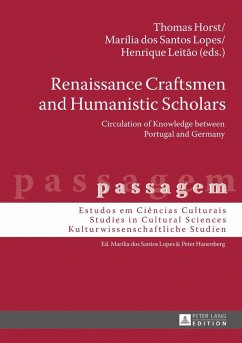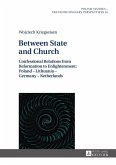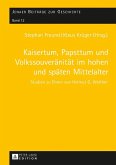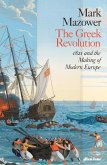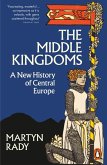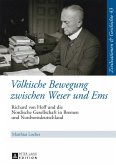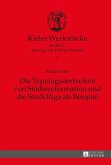The study of the relations between Portugal and the German-speaking countries in the 15th and 16th centuries is an intriguing topic that has attracted the interest of scholars for some decades. In recent years evidence accumulated has shown that there was still much to be known and even some large areas were still unexplored. In order to better grasp the nature of what was a complex historical phenomenon, an interdisciplinary approach to the topic turned out to be necessary by deepening the understanding of what is usually termed the circulation of knowledge. The present book shows how knowledge travels with people, with artifacts, along commercial lines, and is created and transformed by the intervention of individuals from various educational and social strata.
Dieser Download kann aus rechtlichen Gründen nur mit Rechnungsadresse in A, B, BG, CY, CZ, D, DK, EW, E, FIN, F, GR, HR, H, IRL, I, LT, L, LR, M, NL, PL, P, R, S, SLO, SK ausgeliefert werden.
«To sum up, this book is a must-have for anyone interested in knowledge transfer between the German-speaking areas and Portugal in the fifteenth and sixteenth centuries-likely a rather limited audience. Scholars in the history of science and in cultural studies should at least make sure that their institutions' libraries hold a copy of the book-the quality of the strong papers certainly justifies such an acquisition.»
(Peter Heering, ISIS 109/4 2018)
«Insgesamt liefert der Sammelband eine gelungene Mischung aus Einzelanalysen und Überblickstexten, der am deutsch-portugiesischen Beispiel das Wirken der beginnenden Globalisierung veranschaulicht.»
(Martin Biersack, Zeitschrift für Historische Forschung 45/3 2018)
(Peter Heering, ISIS 109/4 2018)
«Insgesamt liefert der Sammelband eine gelungene Mischung aus Einzelanalysen und Überblickstexten, der am deutsch-portugiesischen Beispiel das Wirken der beginnenden Globalisierung veranschaulicht.»
(Martin Biersack, Zeitschrift für Historische Forschung 45/3 2018)

